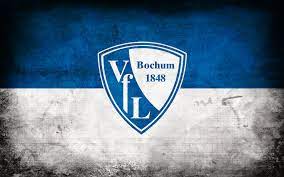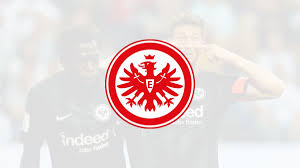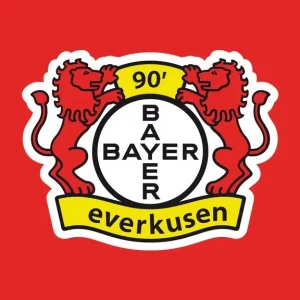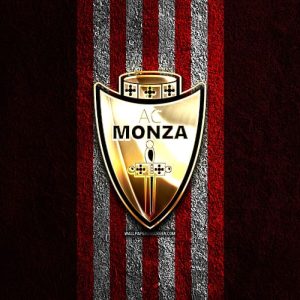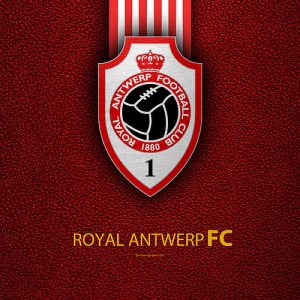Benfica Football Club, one of Portugal’s oldest and most successful football clubs, has a rich history that transcends mere athletic competition. Founded in 1904, the club, commonly known as “As Águias” (The Eagles), has become synonymous with passion, excellence, and an unwavering commitment to greatness. With a storied past filled with victories, legendary players, and a fervent fanbase, Benfica stands tall not only in Portugal but also on the global football 23 win stage.
The Historical Footprint of Benfica Football Club
The history of Benfica Football Club is woven into the very fabric of Portuguese culture and identity. Its journey from humble beginnings to becoming one of the giants of European football is a tale of resilience, ambition, and triumph.
The Formation and Early Years
When Benfica was founded in 1904, it emerged from the Lisbon neighborhood of São Domingos de Benfica, originally as a sports club for local athletes.
The club’s first president, Cosme Damião, envisioned a team that would not only compete but also foster a sense of community and pride among its supporters.
In those early years, Benfica competed primarily against other local teams in friendlies and regional competitions. However, their ambition quickly propelled them into the national spotlight.
The establishment of the Primeira Divisão in 1934 represented a significant turning point for Benfica Football Club. The club proved its mettle by winning its first league title during this inaugural season, setting the stage for decades of dominance. The groundwork laid during these formative years would solidify Benfica’s reputation as one of Portugal’s premier football institutions.
The Golden Era of the 1960s Benfica Football Club
The 1960s marked a golden era for Benfica, characterized by an impressive array of trophies and unforgettable moments.
Under the guidance of legendary coach Béla Guttmann, the team clinched back-to-back European Cup titles in 1961 and 1962, establishing itself as a force on the continental stage.
This period saw the emergence of iconic players like Eusébio da Silva Ferreira, a forward whose combination of speed, skill, and scoring ability made him a household name not just in Portugal but across Europe. Eusébio’s legacy remains deeply ingrained in the club’s identity, and he is often regarded as one of the greatest footballers of all time.
The thrilling style of play exhibited by Benfica during this decade won them legions of fans, and the club became a symbol of hope and pride for many Portuguese people in a time when the country was under authoritarian rule. The successes of this era laid a strong foundation for the future, creating a culture of excellence that persists to this day.
The Challenges and Resurgence
Following the glories of the 1960s, Benfica faced challenges throughout the late 20th century.
Despite experiencing periods of success, including domestic league titles and cup wins, the club struggled to replicate its past European exploits.
The financial difficulties and management issues began to take a toll, leading to a decline in performance on the pitch. However, resilience has always been a hallmark of Benfica Football Club.
The turn of the millennium brought renewed hope as visionary leadership sought to stabilize the club. Investments in youth development and infrastructure revitalized the team’s prospects. The construction of the Estádio da Luz, a modern stadium capable of hosting major international events, symbolized Benfica’s ambitions moving forward.
The resurgence was evident as the club began to reclaim its place at the pinnacle of Portuguese football, securing multiple league titles and re-establishing itself as a contender in European competitions.
The resurgence showcased the club’s ability to learn from the past while embracing the future with open arms.
